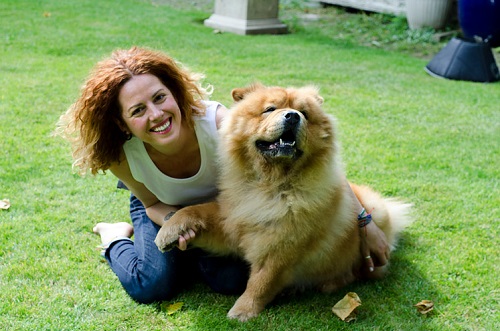
Important elements for Animal Communication
The atmosphere in the house should be relaxed and without interruptions. It’s important to make a bond with the animal so the communication can flow. The communicator needs to feel that the animal wants to communicate and asks permission from the animal. An animal Communicator can choose to ask questions the animal companion wishes to know. The animal may or may not respond to these.
What do animals say?
Animals have a lot of things to say about their past, their health, their welfare. An Animal Communicator can discover what the animal wants to express.
Sometimes you just know what your animal is thinking even though the animal didn’t make any movement or sound; it just came into your mind. You allow the first impression to come to your mind, without a filter, without limitations and without judgement.
Communication with dogs
Recent research suggests that dogs think using sensory impressions: visual, sound, smells. It’s a way to understand their environment.
For example: You may love a particular cushion or read the newspaper at home and one day you arrive home after work to find your dog is eating the cushion or newspaper; this is your dog trying to communicate with you. They communicate by interacting with your things.
Sensitivity and Animal Communication
All my life I have been an extremely sensitive person. I can feel what animals and other people feel. When I was young this felt like quite an issue for me and sometimes it’s difficult to cope with the powerful emotions I sense. Now I believe it’s an advantage improving my understanding of my animals and people.
It’s important to be compassionate with other beings, sensing people’s or animals’ needs, their troubles, their happiness and you need to open your heart to communicate. It’s not work, it’s a way of life, a philosophy. It’s an act of pure love and compassion.


